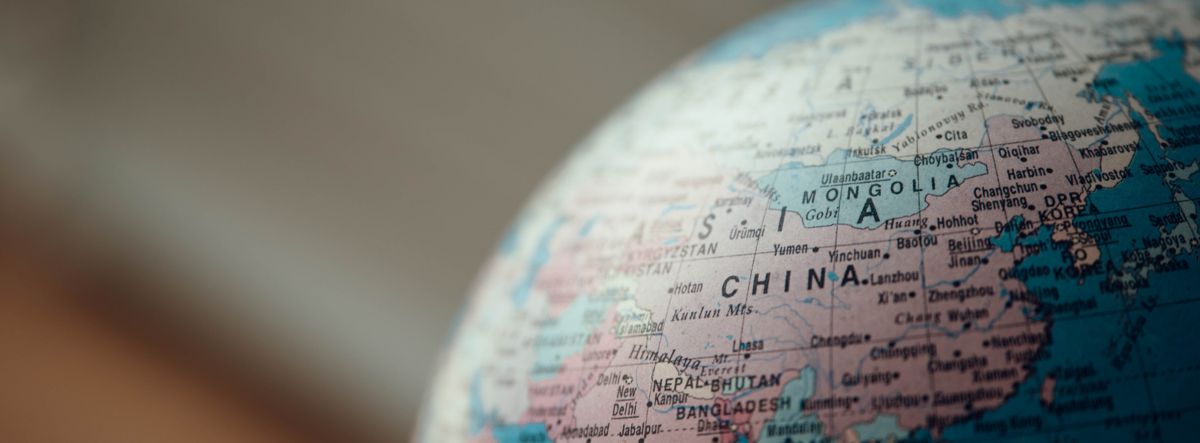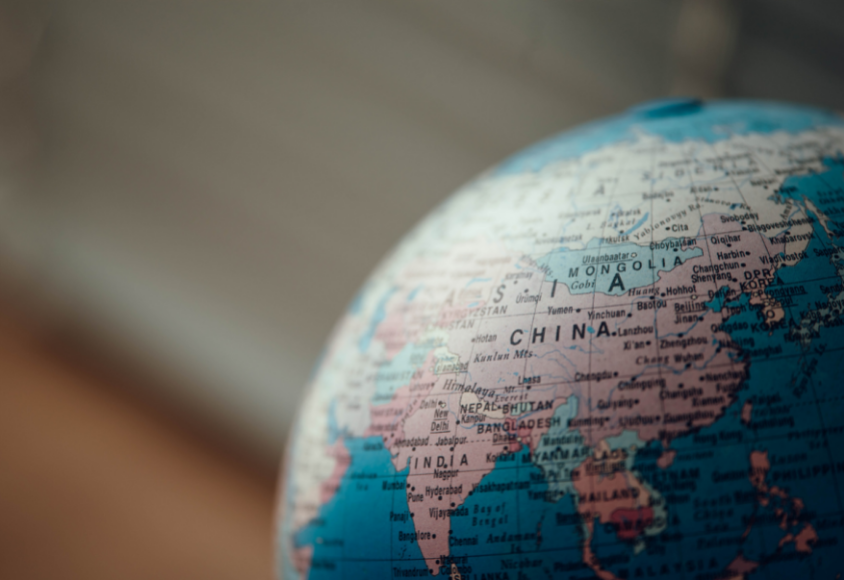Authors: Julia Strasheim, Bundeskanzler-Helmut-Schmidt-Stiftung │ Subindra Bogati, Nepal Peacebuilding Initiative
Abstract:
How does China’s rising presence in Nepal affect the European Union’s own peacebuilding efforts in the country? As a global peace and security actor, the EU has followed the liberal peacebuilding model that promotes peace by strengthening democratic institutions. China’s rise as a “pragmatic” peacebuilder is often called nonconducive to this approach, but how this dynamic plays out has rarely been studied with detailed case evidence. We narrow this gap using the case of Nepal. Drawing on interviews conducted between 2015 and 2020, we find that China’s rise has decreased the EU’s leverage in promoting peace in the areas of civil society, human rights, and constitution-building. But some setbacks in the peace process were unrelated to China. Instead, they were also linked to the EU’s own reform neglects and policy differences, and to local perceptions about peacebuilders, showing how external and internal challenges jointly affect the EU’s role as peacebuilder.
This special issue is the result of an academic cooperation between the Bundeskanzler-Helmut-Schmidt-Stiftung and the Europa-Kolleg Hamburg. It was realised thanks to a kind sponsorship by the Parliament and the Senate of the Free and Hanseatic City of Hamburg.




